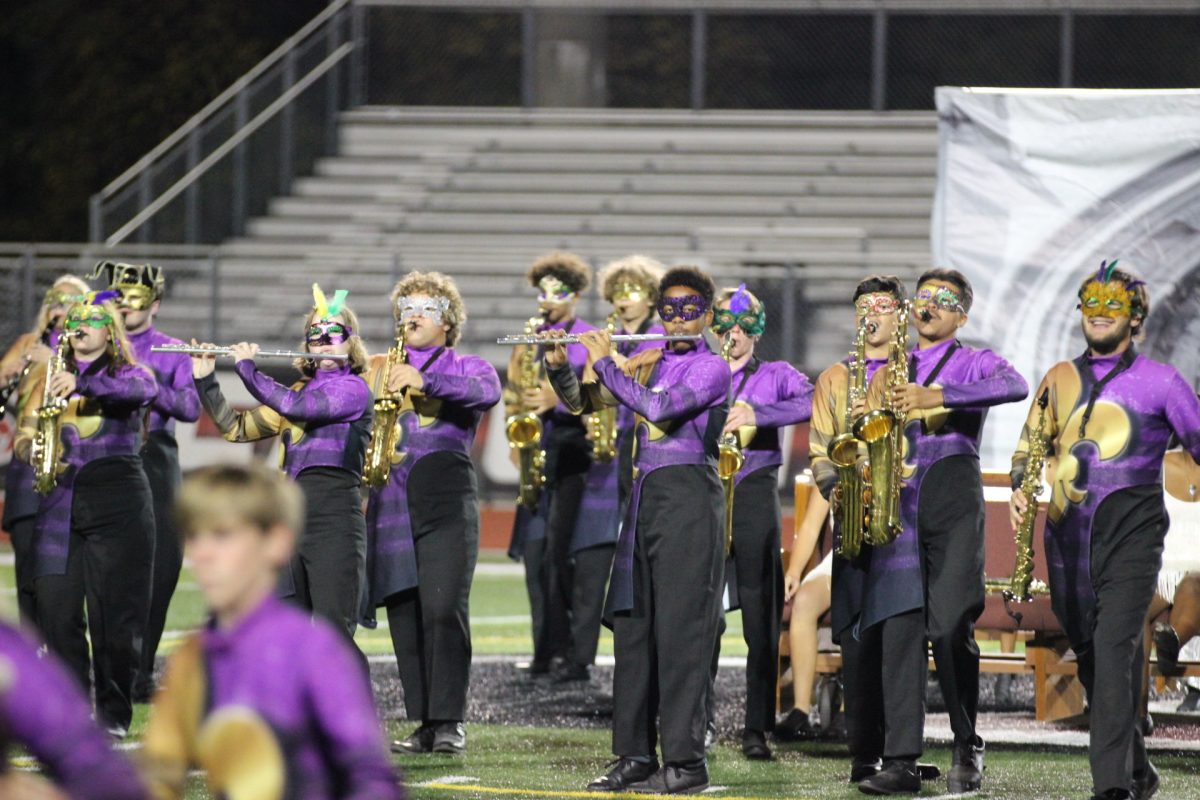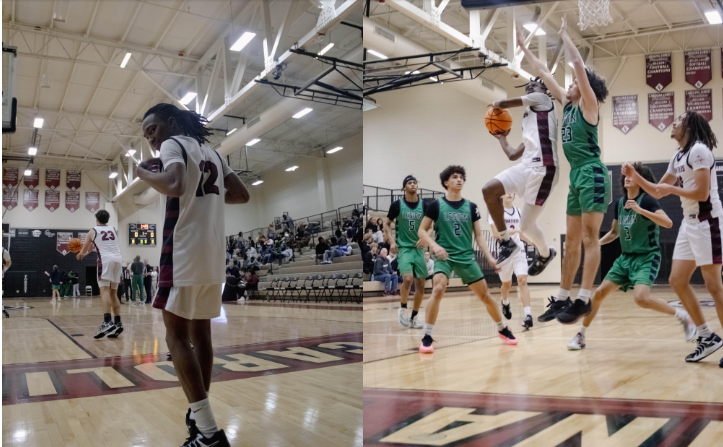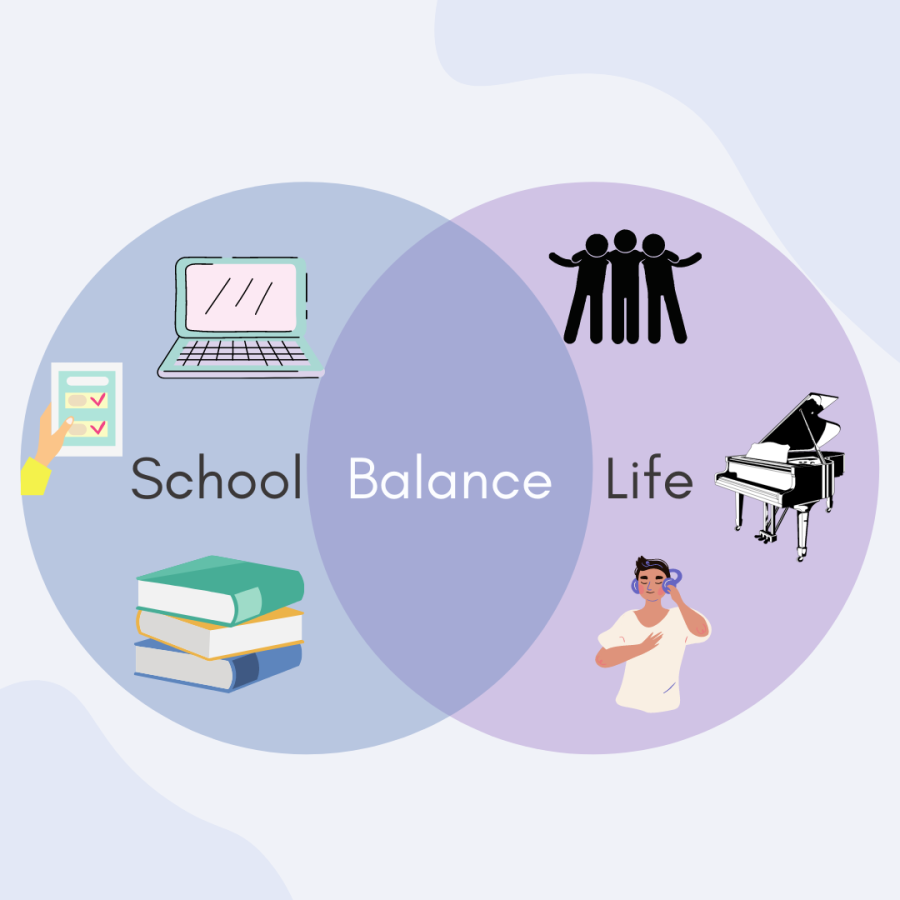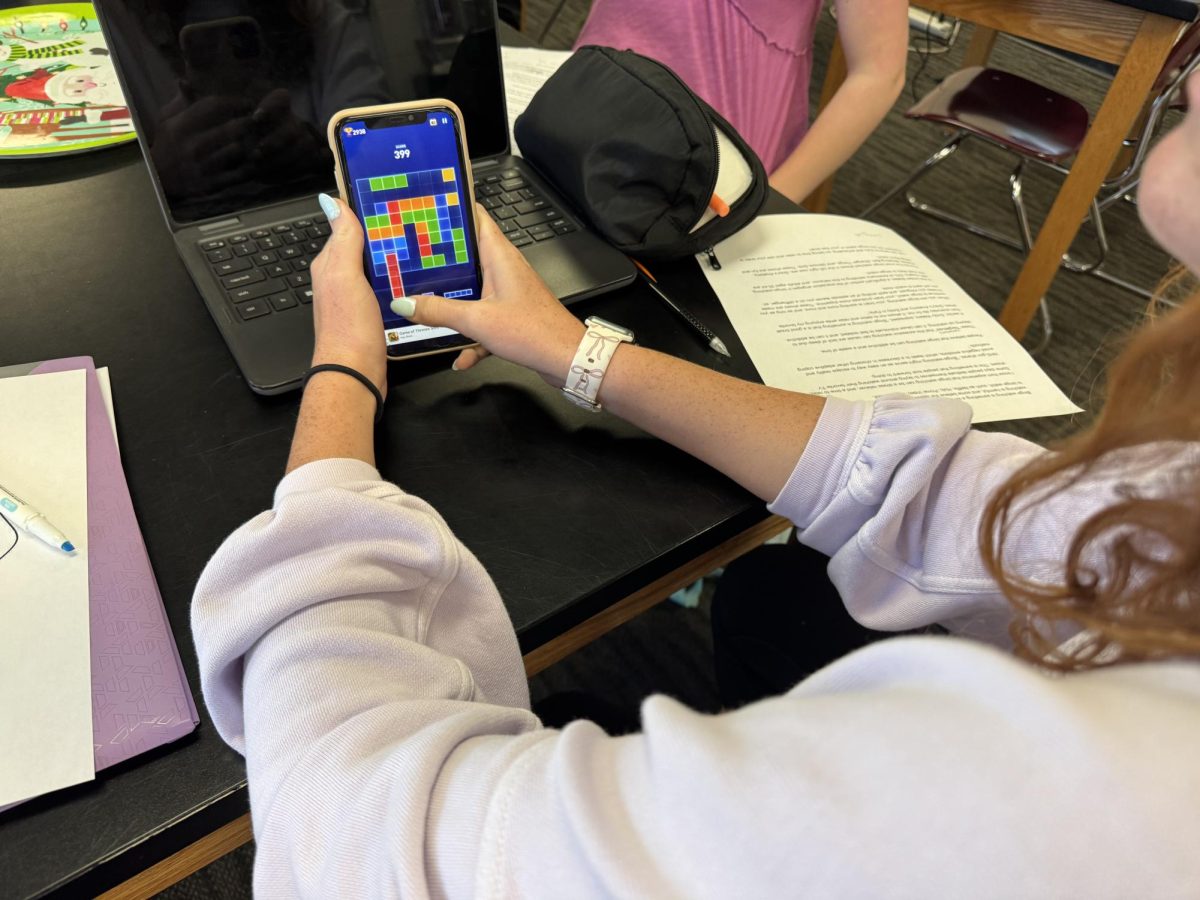Is Life 360 an Invasion of Teens Privacy?

September 27, 2022
There has been a rise in technology usage by teens and parents in the last 20 years. The development for use of technology has followed closely with this upward trend. With the rise of technology, there has been more comprehensive media coverage of crimes. This media coverage tends to make parents feel their children are unsafe. The unsafe feeling in the parents is making them want to track their teens’ location. This led to the founding of Life 360, an app that shares locations between teens and parents globally in 195 countries.
Chris Hulls and Alex Haro created the idea of Life 360 in 2005 following the aftermath of Hurricane Katrina. The app was not released until 2008 on Android and 2010 on ios. Life 360 was created to maintain peace of mind within families by sharing locations in case of tragedy. As Life 360 increased in popularity, so did the services the app offered. In 2016, the app added features such as crash detection, speed monitoring and roadside assistance. This led to parents being able to keep an even closer watch on their teens’ lives, thus making the parents feel in control of their teen’s safety. Life 360 claims to offer teen independence as the app can be used to gain space from their parents all while staying connected with friends and family.
Does the app really provide teens with independence or is it just an invasion of privacy? Most parents use Life 360 as a safety precaution in case of a rare emergency. As teenagers try to gain independence and their parents’ trust, Life 360 can make that difficult as parents have constant eyes on their teens. Teens often feel that the app is used as a weapon for parents to get what they want.
Some parents will go as far as saying no car if a teen does not use Life 360. This can lead to poor parent-teen relationships. Controversy over the app has been expressed by teens and other parents on social media platforms such as TikTok.
Alex Gonzalez, a junior, added, “My parents should trust me. I feel like I can’t experience anything a teen can because they are always stalking me.”
On the other hand, there are aspects of life 360 that teenagers love such as being able to share location with friends and teams. The app can help teens stay connected with friends by sharing locations making planning activities a breeze. Many enjoy being able to see their parents’ locations and being able to check in with them without having to call. One perk for teens being able to view their parents’ location is to run last-minute errands. Say you check your parents’ location and they are near your favorite pizza place. Teens can easily ask their parents to stop for food to bring home. Teens can also see how close or far from home their parents are and receive a heads up when they are close to home or leaving a location.
Sarah Japarks, a freshman, stated, “It’s just a way for your parents to know that you are safe wherever you are.”
Whether you love Life 360 or hate it, Life 360 is here to stay. There seems to be a need for it to help parents feel some control over their teenagers in this uncontrolled environment of the future. The public is demanding to see more and have instant contact with everything around them. Life 360 is the answer for parents in this new technology-driven world. Even after much backlash on social media,195 countries all feel the need for this family tracking app.



































